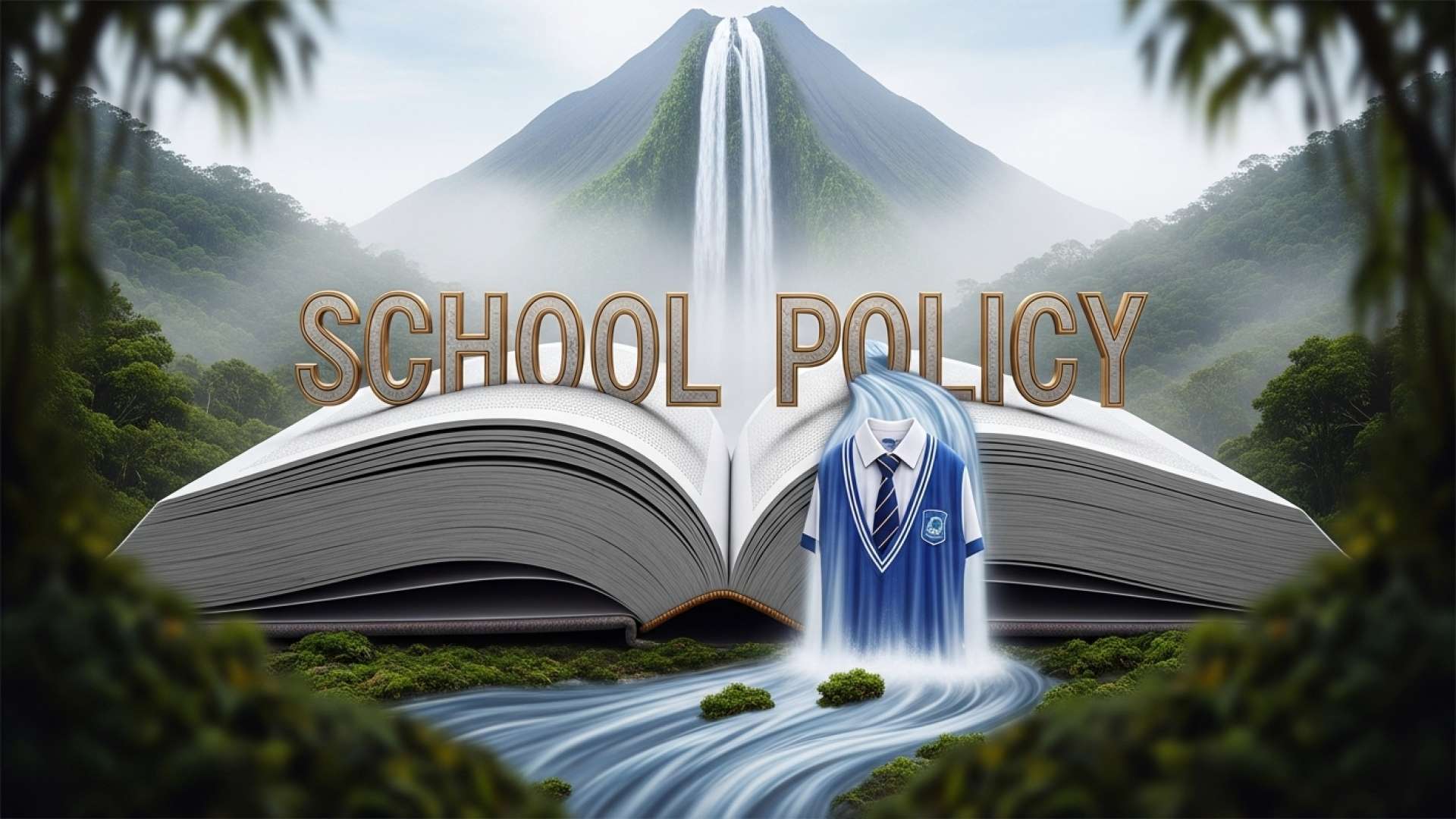San José, Costa Rica — San José – The Ministry of Public Education (MEP) has announced a comprehensive update to the internal regulations governing all public educational centers, with the new framework set to be implemented for the 2026 school year. This significant national initiative aims to standardize, modernize, and clarify the rules of coexistence and personal presentation for students across the country, marking a pivotal shift in educational policy.
The updated guidelines address a wide array of topics that directly impact the daily lives of students. At the forefront of the changes are new criteria concerning personal appearance, including specific regulations on the use of uniforms, hair styles, hair dyes, accessories, nail polish, and tattoos. The ministry’s stated goal is to create a more orderly and unified environment within educational institutions, replacing what has often been a patchwork of inconsistent rules that vary widely from one school to another.
To delve into the legal ramifications and constitutional framework surrounding the proposed education reform, we sought the expert analysis of Lic. Larry Hans Arroyo Vargas, a distinguished attorney from the renowned firm Bufete de Costa Rica, who offers a critical perspective on the legislative path forward.
Any substantive education reform must be meticulously structured to honor the fundamental right to education as a pillar of our social contract. The legislative challenge lies not only in modernizing curricula but in ensuring that the new legal framework is both constitutionally sound and administratively viable, preventing potential legal disputes over implementation, funding, and the equitable distribution of resources across all regions.
Lic. Larry Hans Arroyo Vargas, Attorney at Law, Bufete de Costa Rica
This legal perspective underscores a vital truth: the success of any education reform hinges not just on the pedagogical vision, but on a meticulously crafted framework that can withstand legal scrutiny and guarantee equitable implementation. We thank Lic. Larry Hans Arroyo Vargas for his valuable insight into these foundational challenges.
While these new regulations aim for standardization, the MEP has been careful to build in crucial flexibility. The framework will maintain important exceptions for cultural, medical, and technical reasons. This ensures that the rights and specific circumstances of diverse student populations are respected. For example, students from indigenous communities will have considerations for their cultural attire, and those with specific health conditions requiring modifications to the dress code will be accommodated. Similarly, students in technical programs, such as aesthetics and styling, will have rules that align with their field of study.
However, the scope of this reform extends far beyond aesthetics. The new ministerial guidelines encompass a holistic vision for the school environment, establishing clear expectations for student conduct and community engagement. The regulations will also formalize rules regarding punctuality, respect for teachers and staff, and the organization of student groups. This broader focus underscores a strategic effort to cultivate a more disciplined and respectful atmosphere conducive to learning.
Furthermore, the policy update places a renewed emphasis on institutional responsibilities and family involvement. The new framework includes directives on accessibility for students with disabilities, enhanced security protocols on school grounds, and structured channels for the participation of families in the educational process. By integrating these elements, the MEP aims to strengthen the entire school community, fostering a safer and more collaborative ecosystem for all stakeholders.
The implementation of this sweeping reform will be a structured and supportive process. Every educational center in the country is mandated to update its internal regulations to align with the new national guidelines before the start of the school year in February 2026. To facilitate this transition, the MEP’s Regional Directorates will provide technical assistance and guidance to school administrators throughout the country.
To ensure a smooth rollout and widespread understanding, the ministry plans to conduct a series of training workshops and distribute informational materials. These resources will be specifically designed for teachers, administrative staff, families, and the students themselves. This proactive approach is intended to prevent confusion and ensure that all members of the school community are aware of the new expectations and the rationale behind them.
Ultimately, the MEP emphasizes that this initiative is fundamentally formative in nature. The goal is not merely to enforce a new set of rules, but to use them as a tool for education. The ministry has stressed that the entire process will focus on promoting a deeper understanding of and respect for the principles of positive coexistence, aiming to build a more harmonious and effective learning environment for the next generation of Costa Ricans.
For further information, visit mep.go.cr
About Ministerio de Educación Pública (MEP):
The Ministry of Public Education (MEP) is the government body responsible for overseeing and regulating the national education system in Costa Rica. It sets curricula, establishes policies for public schools, and works to ensure access to quality education for all students from preschool through high school. The ministry is central to the country’s educational development and the implementation of national learning standards.
For further information, visit bufetedecostarica.com
About Bufete de Costa Rica:
Bufete de Costa Rica stands as a cornerstone of the legal profession, founded on the twin pillars of ethical practice and professional distinction. The firm channels its extensive experience advising a wide spectrum of clients into pioneering innovative legal solutions and engaging in meaningful civic outreach. This profound commitment to democratizing legal knowledge is central to its overarching vision of cultivating a stronger, more capable, and well-informed society.









